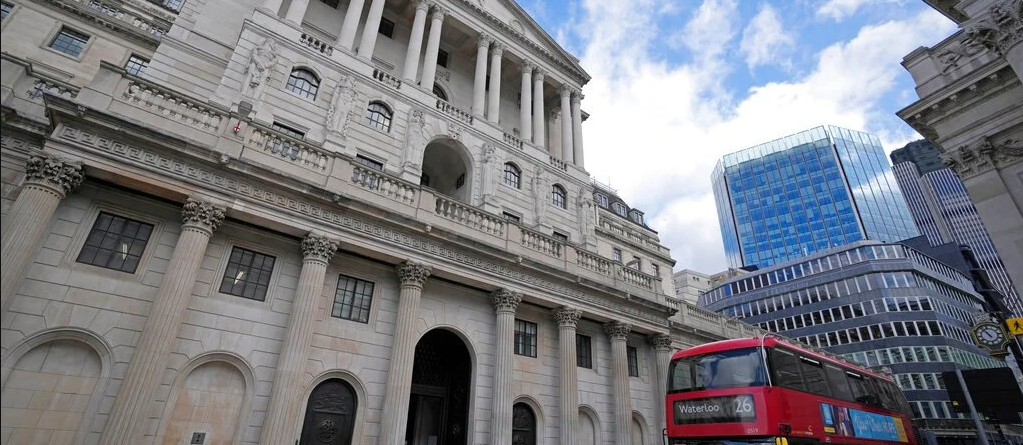UK. What the bond market turmoil means for your mortgage, pension and savings
The bond market sell-off has revived fears about rising borrowing costs after the crisis that followed Liz Truss’s disastrous mini budget in 2022. However, experts are suggesting there is no need to panic. Here is what it may mean for mortgages, pensions and savings.
Pensions
If you are aged under 50 and are saving into a pension, it is unlikely any of your money will be in bonds. It is instead probably going into stock market-based investments, and any short-term fall in the FTSE, which rose on Thursday, could be good news as you will get more shares for your money.
If you are retired, you may have investments in government bonds (gilts) for the income they provide. Hal Cook, a senior investment analyst at Hargreaves Lansdown, says such investors do not need to worry about changing prices and yields as they will still get the fixed cash payment – called a coupon – as expected.
However, he says, “for those members in the middle who are approaching retirement, it’s potentially a bigger issue”.
It is very common for more of members’ pension pots to be moved into gilts as their retirement date gets nearer, through “life-styling” arrangements. If this is the case, and it is now time to sell those gilts, the investor could get less than they bargained for.
“This could cause concern for those approaching retirement who have plans for their pension pot at the point of their retirement, or are worried about the value of their tax-free cash [which depends on the value of their pot on a specific date],” says Cook.
However, he adds that higher gilt yields should result in lower annuity prices, so anyone planning to trade in their pension for an annuity may not be worse off.
“For people in retirement who are currently accessing their pension via drawdown, this spike in gilt yields could be a good thing,” he says. “They might now consider using some of their remaining pension pot to purchase an annuity, given prices will reduce. This could allow them to lock in an income for life at lower prices.”
Savings
The most important thing for savings rates is the Bank of England base rate and where the markets expect it to be in the future. Currently, experts expect two cuts this year, and savers are being offered a better rate on one-year fixed-rate accounts than on those that lock them in for longer.
If inflation moves up over the next few months, interest rates are likely to be cut gradually, which will be good news for savings. If it does not, or if the economy starts to look rocky, rates could be cut more quickly than anticipated, and savings rates will fall too.
Read more @The Guardian











